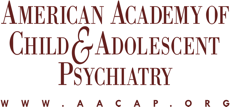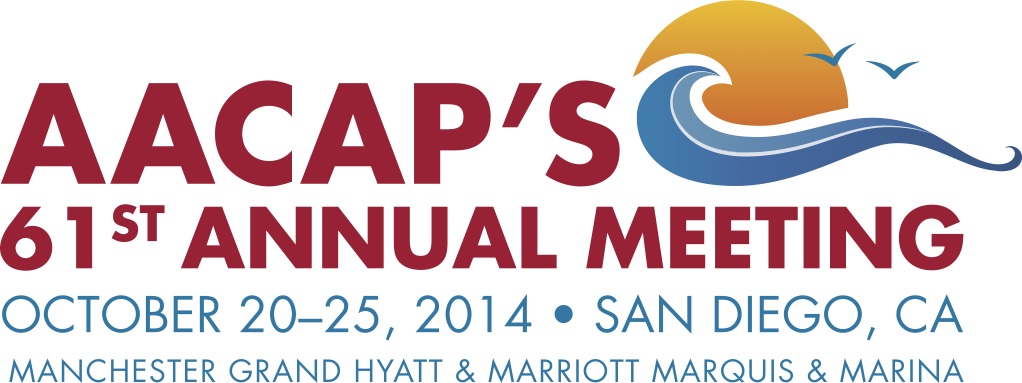Other Programs (ticket)
Research Forum: The Use of Research Domain Criteria (RDoC) for the Study of Psychopathology
The Research Forum is designed to drive the research policy agenda for child and adolescent psychiatry by creating an environment that encourages scientific exploration and collaboration of investigators across disciplines. The primary audience is researchers, although others are invited to attend.
The unveiling of the Research Domain Criteria (RDoC) as part of the National Institute of Mental Health’s strategic plan has triggered a lively debate and controversy for both clinicians and researchers. Greater integration of DSM-5 and RDoC in both settings is needed to advance the field. As one step in this integration, the Research Forum will bring together individuals with a range of perspectives.
Dr. Bruce Cuthbert will present the underlying theory and methodology used to construct the initial RDoC matrix, with attention to the challenges of the initial matrix, given its obvious departure from standard nosology and the state of current neurogenetic data. Dr. Cuthbert will also address the critical importance of child development within the RDoC matrix, the role of child psychiatry in enhancing the evidence base for RDoC, and the adaptive nature of RDoC. Dr. Adele Diamond will next discuss the specific role of development in cognitive processes and the importance of expected normative differences in cognitive abilities when applying an RDoC approach. Dr. David Schaffer will present a unique perspective examining a simultaneous DSM-5 and RDoC approach to current nosology and specific patient interviews. Dr. Brad Peterson will present evidence that brain imaging can be used to diagnose patients according to traditional DSM nosological categories, thereby providing neurobiological evidence that DSM has, to a certain extent, been correct in yielding biological valid constructs. He will also discuss how RDoC domains may relate to those constructs. Dr. Stephen Speilberg will present on the relationship between RDoC and psychotropic medications and treatment studies while again incorporating careful consideration of developmental differences. He will also explore a broader paradigm that considers the role of patients and patient advocacy groups as RDoC and DSM-5 co-evolve. The final presenter, Dr. Daniel Pine, will examine RDoC within anxiety disorders and carefully describe how this model provides insight and challenges to the development of novel interventions and treatments for anxiety and depression from a developmental perspective. An interactive panel will discuss the clinical and research implications of RDoC during both the morning and afternoon sessions. These interactive discussions are expected to enhance the understanding of RDoC for child and adolescent psychiatry and outline initial steps for the best approach by which RDoC and DSM-5 can be effectively utilized to improve diagnosis, outcomes, and treatment for mental illness across the life course.
Sponsored by the AACAP Research Committee

